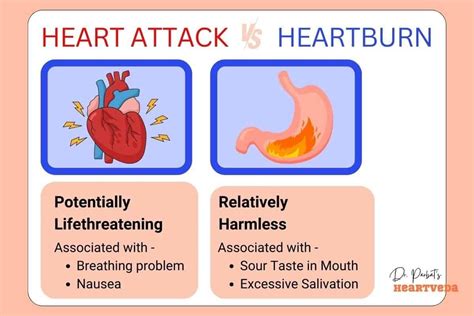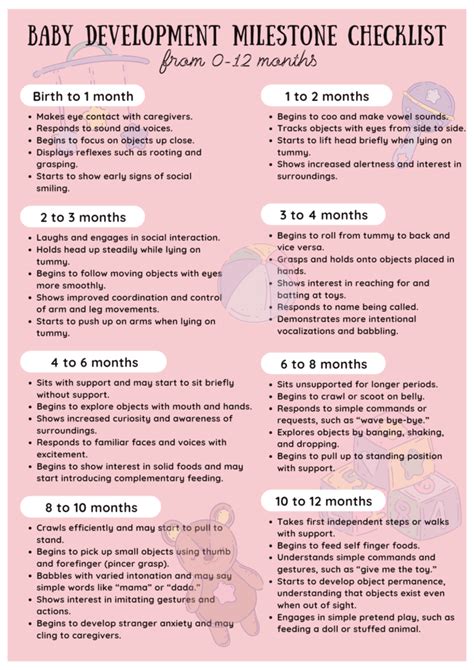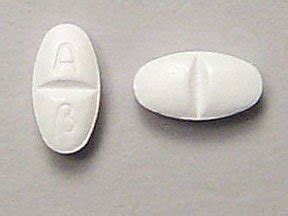When Is Indigestion A Heart Attack? Know The Signs

Indigestion and heart attacks can sometimes be confused with one another due to similar symptoms, but they are distinctly different conditions with varying levels of severity. Indigestion, also known as dyspepsia, is a common condition characterized by discomfort or pain in the upper abdomen, often accompanied by bloating, nausea, and a feeling of fullness. On the other hand, a heart attack, or myocardial infarction, occurs when the blood flow to the heart is severely blocked, causing damage to the heart muscle. The symptoms of these two conditions can sometimes overlap, making it crucial to understand when indigestion might actually be a sign of a heart attack.
Understanding Indigestion
Indigestion is typically associated with eating certain foods, drinking alcohol, or consuming too much caffeine. It can also be a symptom of an underlying condition such as gastroesophageal reflux disease (GERD), stomach ulcers, or inflammation of the stomach lining (gastritis). The symptoms of indigestion usually include:
- Pain or discomfort in the upper abdomen
- Bloating and gas
- Nausea and vomiting
- Feeling full too quickly during meals
- Discomfort that worsens with food intake
Understanding Heart Attacks
A heart attack, however, is a medical emergency. It happens when the flow of blood to a part of the heart is blocked for a long enough time that part of the heart muscle is damaged or dies. The most common symptom of a heart attack is chest pain or discomfort, which can feel like pressure, tightness, pain, or a squeezing or aching sensation in the chest or arms that may spread to the neck, jaw, or back. Other symptoms can include:
- Shortness of breath
- Cold sweats
- Fatigue
- Lightheadedness or dizziness
- Nausea or vomiting
- Rapid or irregular heartbeats
When Indigestion Could Be a Heart Attack
While the symptoms of indigestion and heart attacks can be distinct, there are instances where what seems like indigestion could actually be a sign of a heart attack. If you experience any of the following, seek immediate medical attention:
Chest Pain or Discomfort: If your discomfort or pain is in the chest and not just limited to the upper abdomen, it could be a sign of a heart attack. The pain might feel like pressure, tightness, or a squeezing sensation.
Radiating Pain: If the pain or discomfort radiates to your arms, back, neck, jaw, or stomach, it could indicate a heart attack.
Shortness of Breath: If you find it hard to breathe or feel winded even when sitting still or doing very little, it could be a symptom of a heart attack.
lasted Longer Than Expected: If your indigestion symptoms persist or worsen over time, especially if they last longer than a few minutes, it could be more serious than normal indigestion.
Accompanied by Other Symptoms: If your indigestion is accompanied by symptoms like cold sweats, lightheadedness, or nausea and vomiting, which are not typical for your usual indigestion, it could indicate a heart attack.
Pattern of Symptoms: Pay attention to the timing of your symptoms. If your discomfort occurs when you exert yourself and goes away when you rest, it could be related to your heart.
Action Plan
Given the potential severity of a heart attack, it’s always better to err on the side of caution. If you’re unsure whether your symptoms are due to indigestion or a heart attack, here are steps you can take:
Call Emergency Services: If you believe you or someone else might be having a heart attack, call emergency services immediately. Prompt medical treatment can save lives.
Seek Medical Attention: Even if you’re not certain, visit an emergency room or urgent care facility. Medical professionals can evaluate your symptoms and perform tests to determine the cause.
Monitor Your Symptoms: Keep track of when your symptoms occur, how long they last, and any factors that seem to trigger or relieve them. This information can be invaluable to healthcare providers.
Know Your Risk Factors: Be aware of your risk factors for heart disease, such as high blood pressure, high cholesterol, smoking, obesity, diabetes, and family history. Managing these factors can reduce your risk of a heart attack.
Conclusion
While indigestion and heart attacks present differently, there are situations where what appears to be indigestion could actually be indicative of a heart attack. Being able to recognize the signs and understanding when to seek medical help can be crucial. If in doubt, always choose to seek medical evaluation to ensure the best possible outcome.
What are the typical symptoms of indigestion?
+The typical symptoms of indigestion include discomfort or pain in the upper abdomen, bloating, nausea, and a feeling of fullness, especially after eating. These symptoms can vary from person to person and may be triggered by specific foods or drinks.
How can I differentiate between indigestion and a heart attack?
+Differentiating between indigestion and a heart attack involves paying close attention to your symptoms. If you experience chest pain or discomfort, especially if it radiates to other parts of your body, shortness of breath, or if your symptoms are accompanied by cold sweats, nausea, or lightheadedness, it could be a heart attack. If you're unsure, it's crucial to seek immediate medical attention.
What should I do if I think I'm having a heart attack?
+If you think you're having a heart attack, call emergency services right away. Prompt medical treatment can significantly improve outcomes. Even if you're unsure, it's better to err on the side of caution and seek medical help. Remember, every minute counts during a heart attack.
The distinction between indigestion and a heart attack can sometimes be blurry, but recognizing the signs and seeking medical help when in doubt can make all the difference. Stay informed, take care of your heart health, and never hesitate to reach out for medical assistance when needed.



